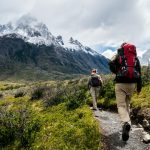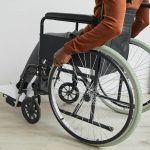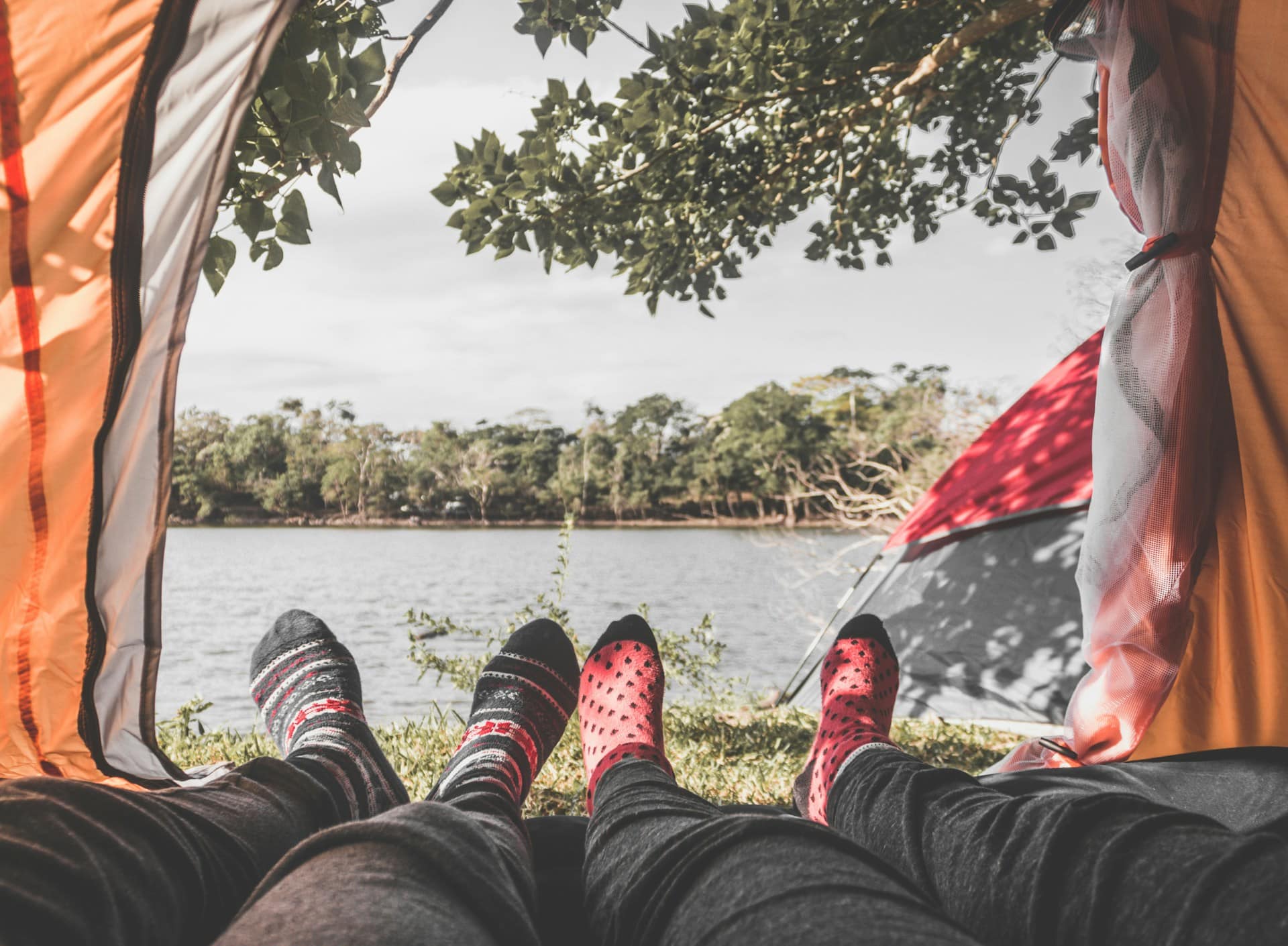Camping trips are an opportunity to connect with nature, experience adventure, and create lifelong memories. But, when planning a camping trip with kids, you have extra considerations to keep in mind. It’s not just about pitching your tent and lighting a campfire. It’s about keeping your children safe, entertained, and comfortable in the wild.
Choosing the Right Campsite
Your first consideration should be the campsite itself. Just as you would check amenities of a hotel before booking a room, you need to research the campsite before pitching your tent. It’s not only about the stunning views or proximity to a lake. It’s about ensuring that the site is child-friendly and safe.
En parallèle : How can you use technology to enhance your UK camping experience?
When looking for the best campsite, find one that offers amenities suitable for children. Look for playgrounds, swimming pools, or kid-friendly activities. It will keep the kids entertained and give you some leisure time. Also, consider the terrain of the campsite. Is it flat and easy for children to navigate? Are there any hazardous areas such as cliffs, fast-moving rivers, or dense woods nearby? If so, it might not be the best choice for a family trip.
Moreover, check if the campsite has facilities like running water, restrooms, garbage disposal, and first-aid services. These amenities can make your camping trip more comfortable and safer.
A lire aussi : What should first-time campers know about camping etiquette in the UK?
Preparing Your Family for the Trip
Preparing your family for the camping trip is as important as picking the perfect campsite. Start by explaining what they should expect. Talk to them about the wild, the animals they might see, the safety rules, and the fun they will have. Make sure they understand that a camping trip is different from a regular vacation and that they will have to adapt to a new environment.
Sleeping in a tent can be an exciting experience for children, but it can also be scary. Try a backyard camping night before the actual trip to familiarize your kids with the idea. Teach them how to pitch a tent and sleep inside it. This practice will make them feel more comfortable when it’s time to camp in the wild.
Don’t forget to pack essential items such as first-aid kits, waterproof clothing, warm blankets, torches, and plenty of food and water. Remember to include your kids’ favorite games or toys to keep them entertained during the trip.
Setting Up Your Tent
Setting up your tent correctly is crucial for a comfortable and safe camping trip. Choose a flat area, free from rocks or roots, to pitch your tent. Ensure it is a safe distance from the campfire and not too close to water bodies that may attract insects or animals.
Teach your children to respect the camping area and not to litter or damage the environment. Show them how to zip the tent properly to keep bugs and small animals out. If you have a baby or toddler, consider bringing a travel crib or a baby tent for them to sleep in safety and comfort.
Safety Measures
It’s essential to educate your children about safety measures while camping in the wild. Teach them not to approach or feed any animals they might encounter. Explain the importance of staying within the campsite boundaries and not wandering off alone.
Always keep a close watch on your children, especially near water bodies or steep areas. It’s also a good idea to give them whistles to blow in case they get lost or need help.
Ensure you have a good understanding of basic first-aid practices and carry a well-stocked first-aid kit. It should include band-aids, antiseptics, pain relievers, and any necessary personal medications. Remember to check the expiry dates on all medications before you leave.
Keeping Your Camping Trip Fun
While safety is paramount, don’t forget that this trip is about having fun too! Involve your children in camping activities like setting up the tent, collecting firewood, or cooking meals. Plan some fun games to play at the campsite, such as a scavenger hunt, bird watching, or star gazing.
There’s something magical about camping with kids. It allows them to experience nature up close, learn new skills, and create wonderful memories. So, take the time to plan your trip carefully, ensuring it’s both safe and enjoyable for your family. The laughter, stories, and adventures from the trip will make all the prep work worth it!
Packing the Right Gear
Knowing what to pack is crucial for a successful and enjoyable camping trip. Begin by making a detailed list of everything you’ll need. Make sure you have essentials such as a sturdy tent, comfortable sleeping bags, a reliable torch or lantern, and a first-aid kit. Don’t forget to bring camping cookware to whip up meals for your family.
If you’re going to a national park or a colder region, pack clothing in layers to keep your family warm. Always remember to take along waterproof clothing, even if the weather forecast doesn’t predict rain. The great outdoors can be unpredictable.
When it comes to kids camping, consider their needs. If you have toddlers or babies, pack a portable crib or a baby-friendly sleeping bag for them. Bring enough diapers, baby wipes, and baby food for the duration of your trip. Remember to include their favourite toys or games to keep them entertained.
Also, pack lots of food and water for your camping trip. You might not have easy access to shops in the wild. Snacks, such as granola bars or fruits, are excellent for a quick energy boost. Don’t forget marshmallows for the traditional camping treat – s’mores!
Leave no trace is an important principle when camping. Bring biodegradable bags for garbage and ensure you leave your campsite as clean as you found it. This way, you preserve the environment and make it pleasant for future campers.
Exploring the Great Outdoors Safely
Camping is a great way to introduce your children to the great outdoors and teach them about nature. However, it’s crucial to teach them how to do this safely.
Firstly, educate them about wildlife. While it’s exciting to see wild animals in their natural habitat, remind your kids to admire them from a distance. They should never try to feed or touch any wildlife.
Secondly, ensure your children understand the importance of staying close to the campsite. It’s easy for kids to get distracted and wander off. Give them whistles to blow if they get lost.
Next, teach your kids about fire safety. Show them how to build a safe campfire and explain why they should never leave it unattended. Remind them that they should never put anything other than wood and paper in the fire.
Lastly, take precautions to keep your campsite safe. Keep your food secured to avoid attracting animals. Make sure your tent is zipped up at all times to keep insects and small animals out.
Conclusion: Planning Your Family Camping Adventure
Camping can be an incredible experience for children. With the right planning, it can provide an opportunity for them to learn about nature, develop new skills, and create lasting memories.
Remember to research and choose a family-friendly campsite. Prepare your family for the upcoming adventure by explaining what to expect and practicing camping at home first. Pack the necessary gear, including a tent, sleeping bags, and a first-aid kit. Teach your children how to respect the environment and wildlife, and how to explore safely.
Don’t forget to plan some fun activities and games to keep the kids entertained during your stay. After all, camping is not just about survival – it’s about enjoying the great outdoors and having a wonderful time together as a family.
So, don’t wait any longer. Start planning your family camping trip today and embark on an unforgettable adventure in the great outdoors.











